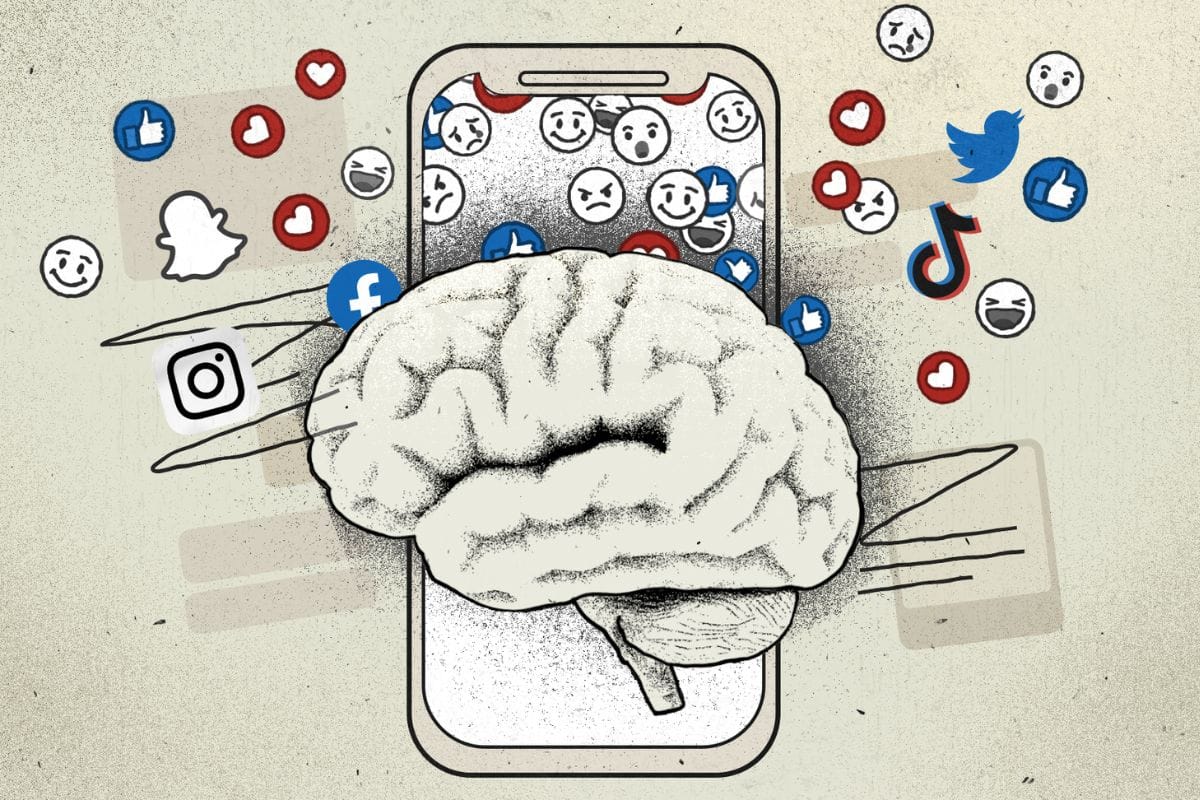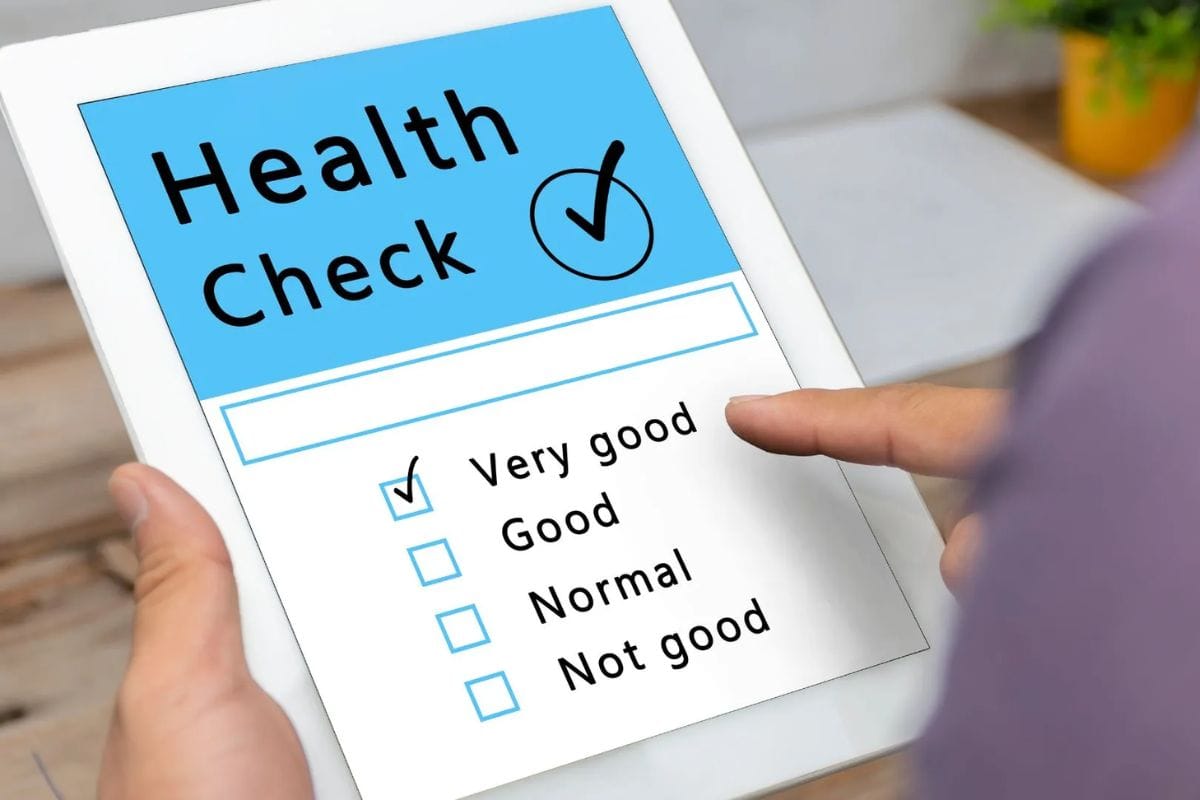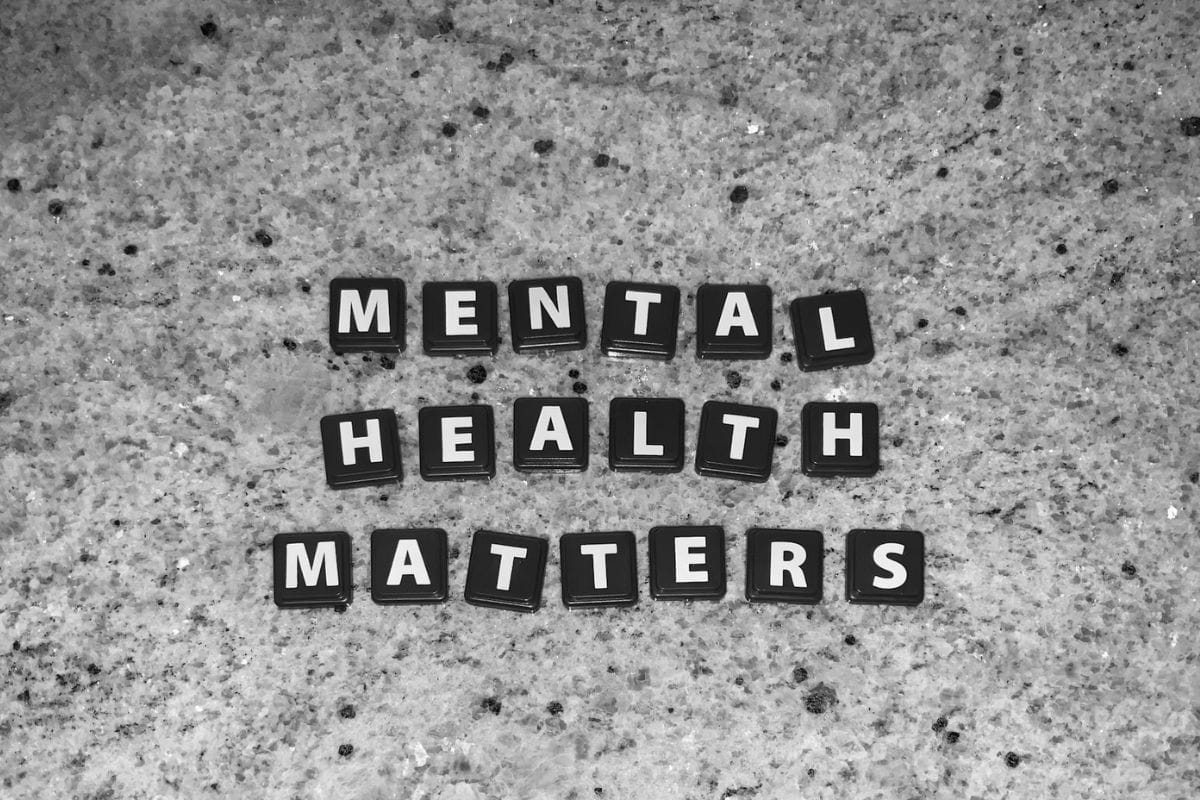Artificial Intelligence, or AI for short, has taken the world by storm. Over the last few decades, AI has grown from just a simple concept in a sci-fi book into a reality that is rapidly shaping our future. From self-driving cars to virtual assistants like Siri and Alexa, AI has hit nearly every industry.
The film industry saw a surge in AI, with advanced algorithms now capable of generating stunning visual effects in films. The media and publishing world saw the introduction of chatbots like Chat-GPT and Gemini that can generate content at lightning speed. With its advanced learning algorithms, it's safe to say that AI is going to continue being a part of our daily lives.
Among the variety of industries transformed by AI, healthcare stands out as one of the most crucial areas, where these advancements are making a profound impact. Without the constant advancements in healthcare, most of us wouldn't be here today. Now, AI's role in this sector is becoming increasingly prominent, from enhancing diagnostic accuracy with sophisticated imaging systems to personalizing treatment plans based on detailed patient data. In the UAE, a country that's renowned for its forward-thinking approach and cutting-edge medical facilities, AI is driving significant advancements in healthcare.
The UAE, often dubbed the 'country of the future,' has embraced AI with enthusiasm, integrating it into various aspects of its healthcare system. Hospitals and research institutions in the UAE are at the forefront of this technological integration, using AI to improve everything from patient monitoring and early disease detection to personalized medicine and operational efficiency. As AI continues to evolve, its role in transforming healthcare in the UAE cements the nation's position as a leader in using technology for the advancement of society.
Here's how AI has revolutionized healthcare in the UAE!
Increased Diagnosis Accuracy

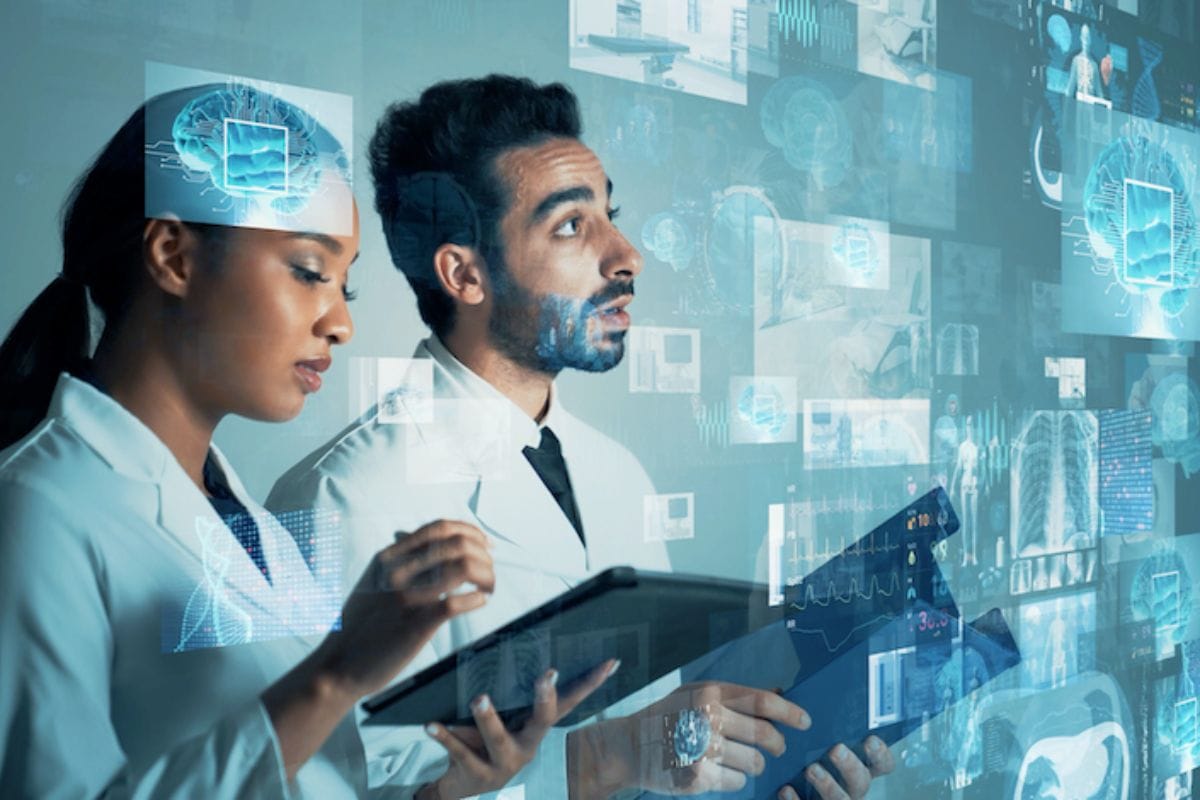
Medical diagnoses have been among the toughest challenges in healthcare, with many conditions having overlapping symptoms and requiring extensive testing to differentiate between them. Traditional diagnostic methods can be time-consuming and prone to errors, especially when managing large collections of patient data. However, AI is transforming this landscape by helping medical professionals in the UAE to rapidly analyze huge amounts of data with increased accuracy and efficiency.
Back in 2022, one of the largest private healthcare networks in the country, NMC Health launched the first-ever AI-driven MRI scanner. The AI-enhanced MRI scanner, launched in Sharjah, not only aids in diagnosing a wide range of diseases, but it also does so with reduced radiation. This reduction makes the MRI much safer for patients, especially those who require frequent imaging
The innovative design of this MRI scanner also includes features that lower the magnetic field while maintaining high-resolution imaging capabilities. This allows for more precise imaging of the heart, lungs, and bones. The use of AI can enhance image quality and diagnostic accuracy by analyzing and interpreting data more effectively than traditional methods. As a result, doctors can obtain clearer and more detailed images, which allows for better-informed diagnoses and more targeted treatment plans.
Better Disease Detections and Predictions

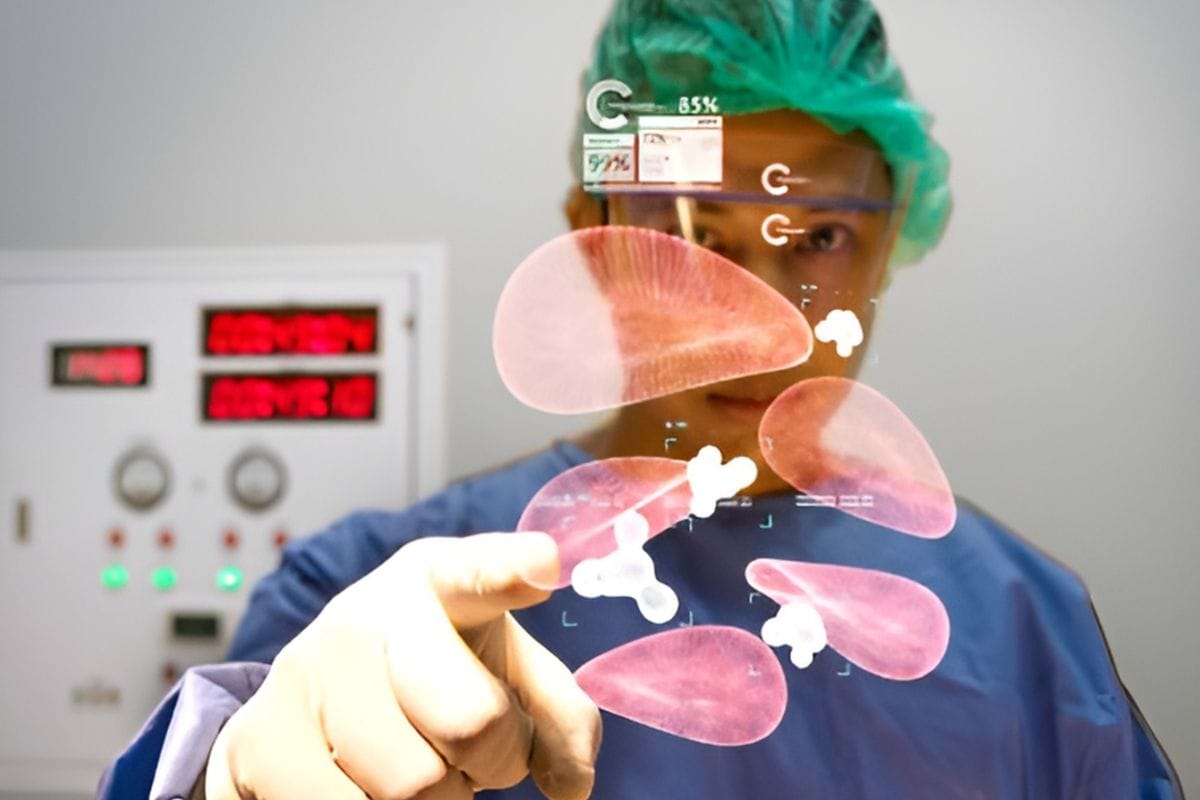
Similar to the diagnoses, AI can help detect diseases before they are even fully developed. With intense machine learning, AI is able to detect even the tiniest of issues that may not be seen through the human eye, This not only improves the early detection rates but also allows for the disease to be treated before it becomes a bigger problem. Studies around the world have already shown the effectiveness of this new technology. One of the most recent AI imaging devices in New York has even been shown to detect breast cancer 5 years before it develops!
In the UAE, there has been extensive research into these AI imaging devices. With the help of countless universities around the country, including Heriot-Watt and Wexson, Prognica was born. Prognica is a project that is already changing the way cancer is being detected. Using state-of-the-art Artificial Intelligence, Prognica can detect and classify the types of breast cancer.
Helping Hands With More Efficiency
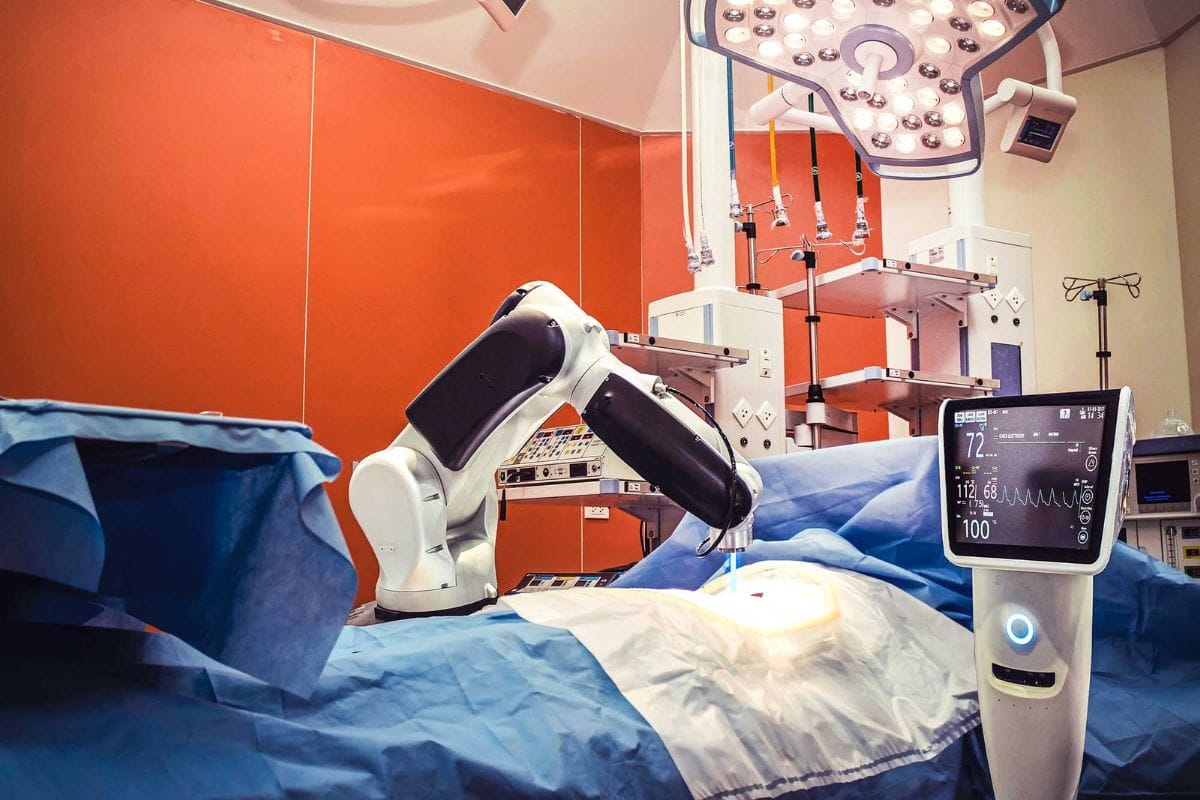
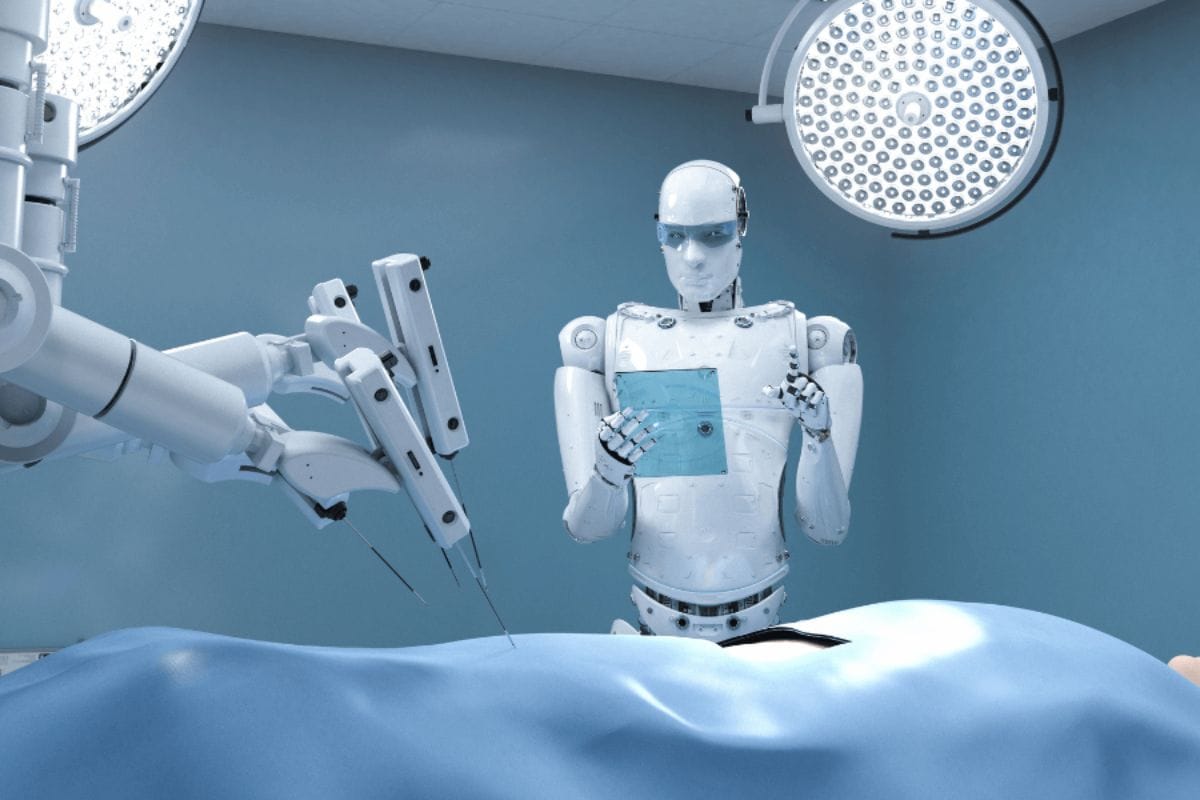
Being a doctor and a nurse is tough, with countless tasks to juggle each day, from patient care to administrative duties. Sometimes, everyone needs a helping hand. AI can help ease some of the stress on healthcare professionals, and not in the way you might think. When people think of AI in healthcare, they almost always think of robots performing their surgery. While some hospitals in the country, like Saudi German Hospital and American Hospital Dubai, have already begun utilizing robotic surgery, AI is actually more prominent in more subtle ways.
In many hospitals across the UAE, AI is being used to automate routine tasks, enabling healthcare professionals to focus more on patient care. For example, AI-driven chatbots are increasingly employed to handle patient inquiries, manage appointment scheduling, and provide information on basic health issues. This reduces the administrative burden on staff, allowing nurses and doctors to devote more time to patient interaction and clinical duties.
AI systems are also able to analyze vast quantities of data in a matter of seconds, helping with everything from interpreting medical images to processing test results. By handling these data-related tasks, AI reduces the time healthcare professionals spend on routine analyses, helping them make quicker, more informed decisions.
Personalized Patient Care
Not only does AI help the doctors, but it also helps the patients. In the UAE, AI is making significant progress in transforming patient care and advancing personalized medicine. One notable example is the use of AI in enhancing treatment personalization at institutions like the Cleveland Clinic Abu Dhabi. The clinic employs AI algorithms to analyze patient data, including genetic information and medical histories, to offer tailored treatment plans. This approach has led to more precise diagnoses and individualized therapies, ensuring that patients receive the most effective treatments based on their specific health profiles.
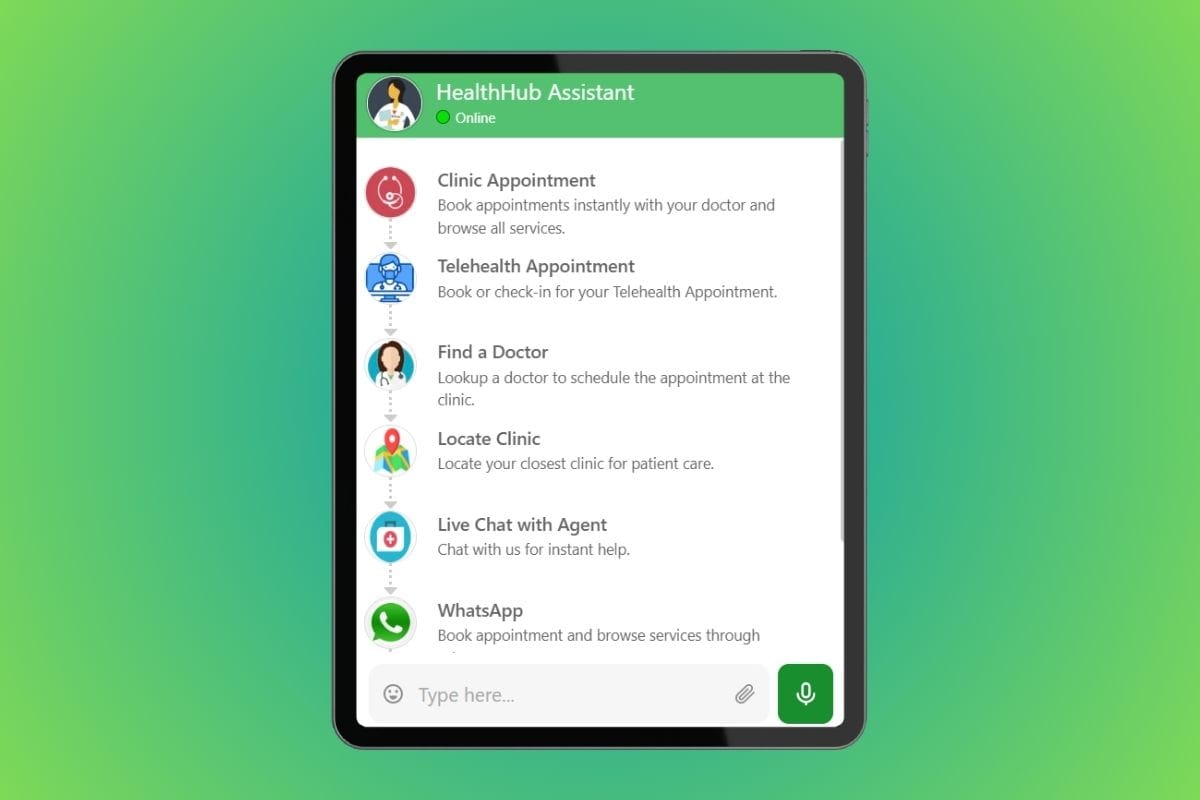
Additionally, AI is enhancing patient monitoring and support through innovative technologies. The UAE's health authorities have introduced AI-driven health apps and wearables that monitor vital signs and provide real-time health insights. For instance, the HealthHub app, developed by Al Futtaim, integrates AI to track users' health metrics and offer personalized advice. This app helps patients manage their conditions more effectively and allows them to chat with live agents for emergencies, book appointments, and locate doctors and clinics.
As AI continues to evolve, its role in healthcare in the UAE promises a future of a brand new healthcare world where everyone has access to only the best medical care.
Also Read:
